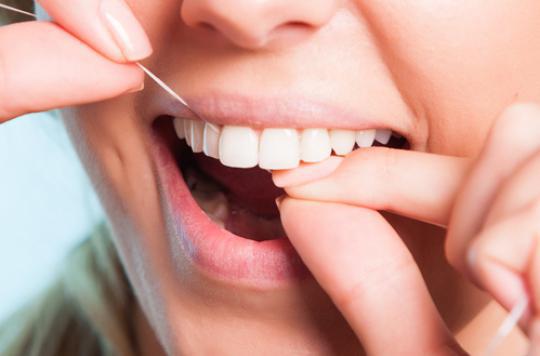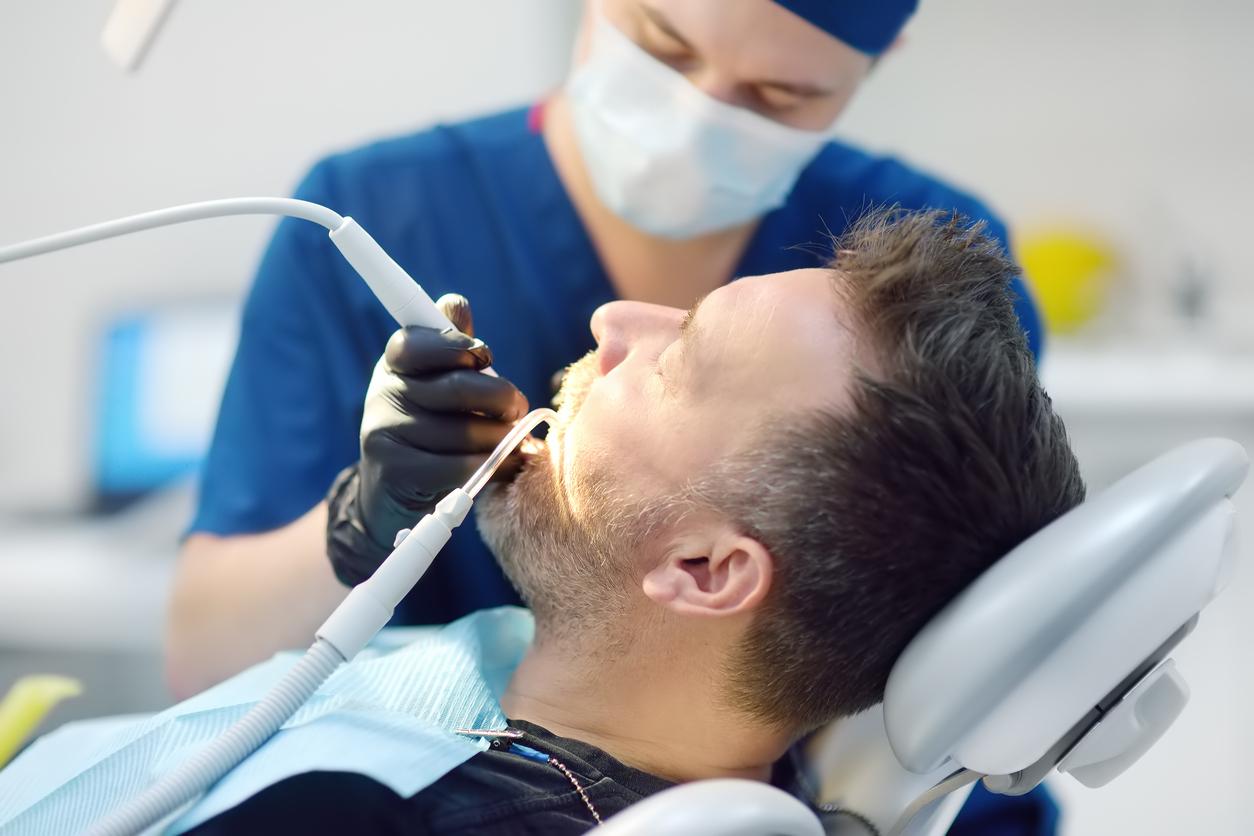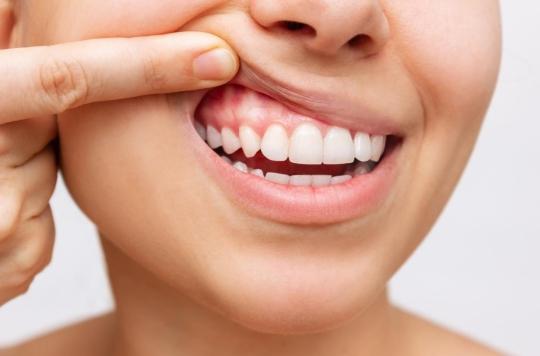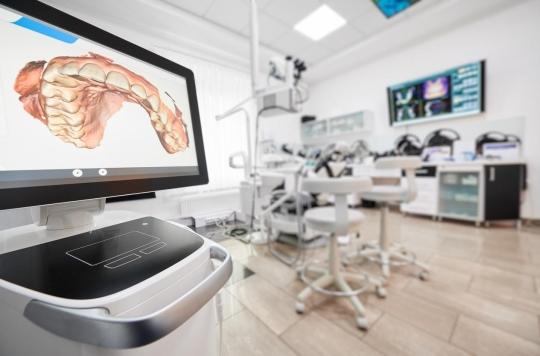Daily use of dental floss has no significant effect on the formation of dental plaque, according to an AP survey.

Dental floss, good for oblivion? The question then arises that across the Atlantic, the controversy swells over the usefulness and effectiveness of this famous dental hygiene tool, acclaimed by many professionals.
And not just by them, by the way. In the United States, health authorities have recommended since 1979 the use of dental floss as part of good oral hygiene, as well as tooth brushing. But on what basis?
No proof
None, to believe a survey carried out by the American agency Associated Press, who compiled the last studies devoted to dental floss … To note that none of the 25 works established a superior effectiveness in the removal of dental plaque, nor did not point out the slightest benefit derived from this practice.
The rare studies favorable to dental floss were based on small samples (25 people), and on a limited follow-up (two weeks), with an obsolete methodology, shows the survey of AP. In fact, flossing would simply be useless; and if this were not the case, as it is, science cannot demonstrate it.
Amended recommendations
Armed with this awareness, the investigators asked the American federal government the right question: why recommend a device that has never been proven? Without getting an answer. If only in the dietary recommendations for the period 2015-2020, established by the authorities, the use of dental floss “had disappeared, without explanation”, explains the journalist.
At the agency, the authorities admitted that the effectiveness of dental floss was not sufficiently scientifically supported to base the recommendation. In France, however, dental associations recommend it. Many claim that its use still helps reduce dental plaque, even though science struggles to prove it; and this, on condition of making a movement starting from the bottom upwards, and not in a saw, as many users tend to do.
.

















